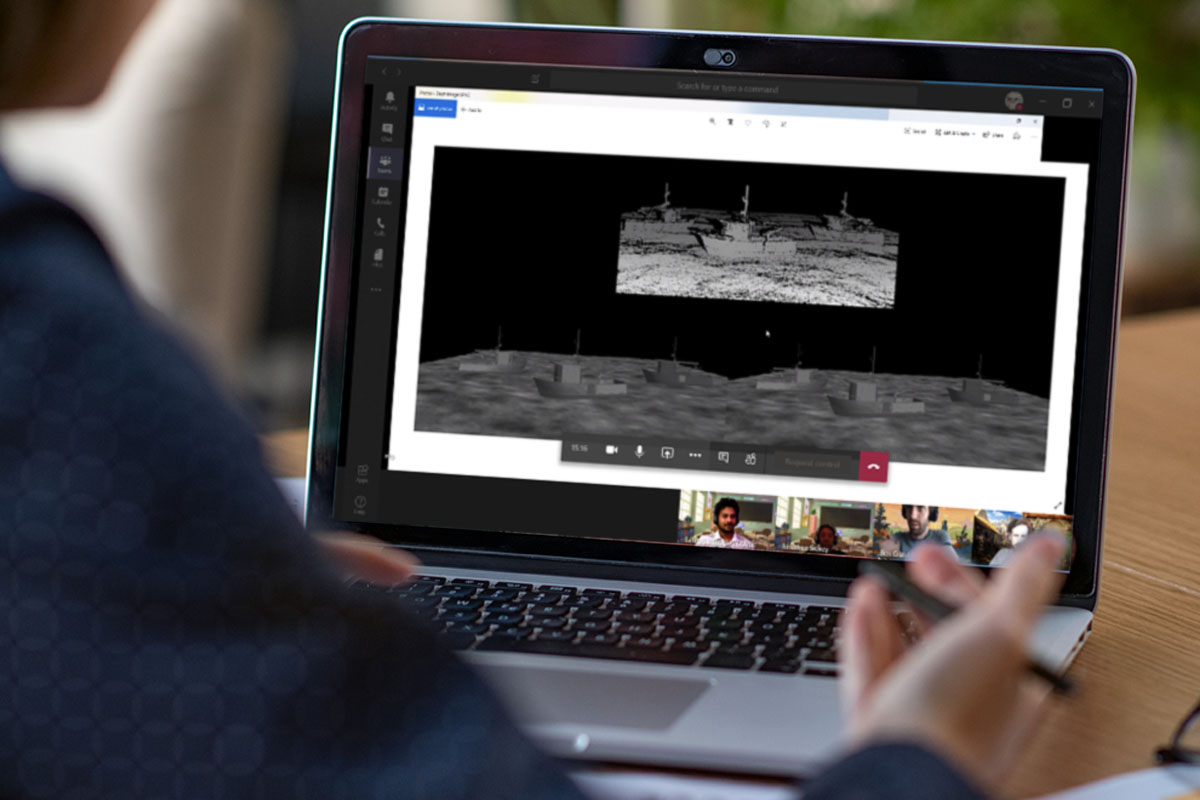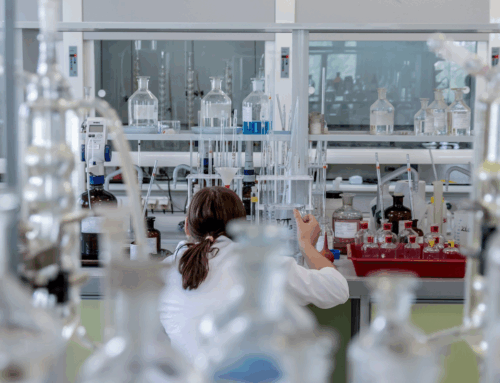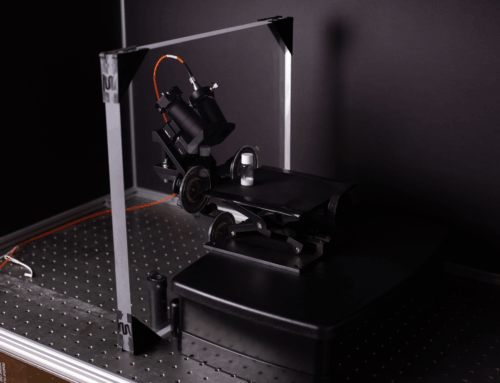When the first UK lockdown was announced, IS-Instruments (ISI) had to adapt quickly. Collaboration has always been at the heart of our work, both internally and with our partners at i3D robotics. However, the sudden shift to remote working meant our usual methods – shared offices, labs, and whiteboards had to evolve overnight.
Adapting Our Workflow
Our first challenge was to replace physical collaboration tools with effective digital systems. We explored new ways to manage projects, share files, and maintain clear communication. We quickly identified Google Sheets and Microsoft Office Online as the most expedient and efficient methods for multiple personnel to contribute to a single document. All team members have an Office 365 account, providing cloud storage for easy file sharing, security, and file backup.
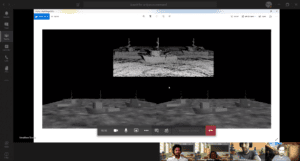
File Sharing and Real-Time Collaboration
We quickly adopted Google Sheets and Microsoft Office Online as the most efficient tools for collaborative document authoring. These platforms allowed multiple team members to edit and review files simultaneously. Additionally, every team member already had a Microsoft 365 account, which provided secure cloud storage and automatic backups.
This combination provided us with flexibility, data security, and version control, essential components for complex technical projects.

Communication and Connection
Different tasks require different kinds of communication. For structured project discussions, we chose Slack. Its channel-based structure lets us organise conversations by topic, share files, and manage tasks without endless email threads. We also integrated calendars and meeting links directly into Slack, which made scheduling far simpler.
Daily face-to-face meetings moved to Google Hangouts, allowing everyone to stay connected and aligned each morning.
For smaller discussions, we often use Microsoft Teams — partly because of its integrated tools, but also, admittedly, for its fun video backgrounds! From galaxy swirls to city skylines, these added a little levity before serious discussions began.
For informal chat, we turned to WhatsApp. Most of us already had it installed, and it keeps casual conversations flowing naturally. Dedicated group chats allow us to share articles, fascinating discoveries, and even creative experiments, from 3D visualisations of the universe to i3D engineers streaming RealSense cameras through Oculus Quest headsets.
Keeping Projects on Track
Managing projects remotely required a reliable, integrated tool. After testing several options, we selected Asana for its intuitive interface and seamless integration with Slack. Tasks are assigned to specific team members, who receive instant notifications and reminders. As progress updates roll in, project leads can easily track milestones and deadlines. This structure keeps projects organised and visible to everyone involved.
Collaborative Testing – A New Approach
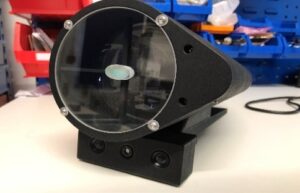
One major challenge was maintaining development on Callisto, our joint system with i3D.
Callisto combines Raman spectroscopy with 3D vision to map and analyse environments in detail, designed initially to support nuclear decommissioning.
Ordinarily, both teams would work side by side in the lab. However, shipping sensitive equipment between locations wasn’t practical or safe. We needed a remote solution that preserved data integrity and protected hardware. To achieve this, we installed a HES Raman probe at a home workstation with remote desktop access.
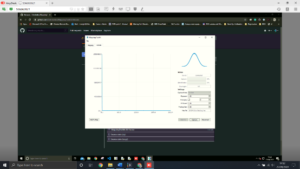
Colleagues could then test and debug the software directly from their own computers. This setup also used webcam monitoring, allowing engineers to observe live instrument responses. When software issues were identified, the whole GitHub repository was cloned, patched, rebuilt, and re-committed remotely.
This workflow kept Callisto development moving without anyone needing to handle the instrument physically.
Finding Strength in Challenge
COVID-19 brought significant disruption, but it also inspired innovation. Our team proved that with creativity, technology, and determination, collaboration can continue even under extreme circumstances. Our next challenge? Tackling the PPE shortage crisis, a project for which IS-Instruments has since been awarded UK government funding.
That story marks the next chapter in our ongoing commitment to innovation, safety, and problem-solving under pressure.


